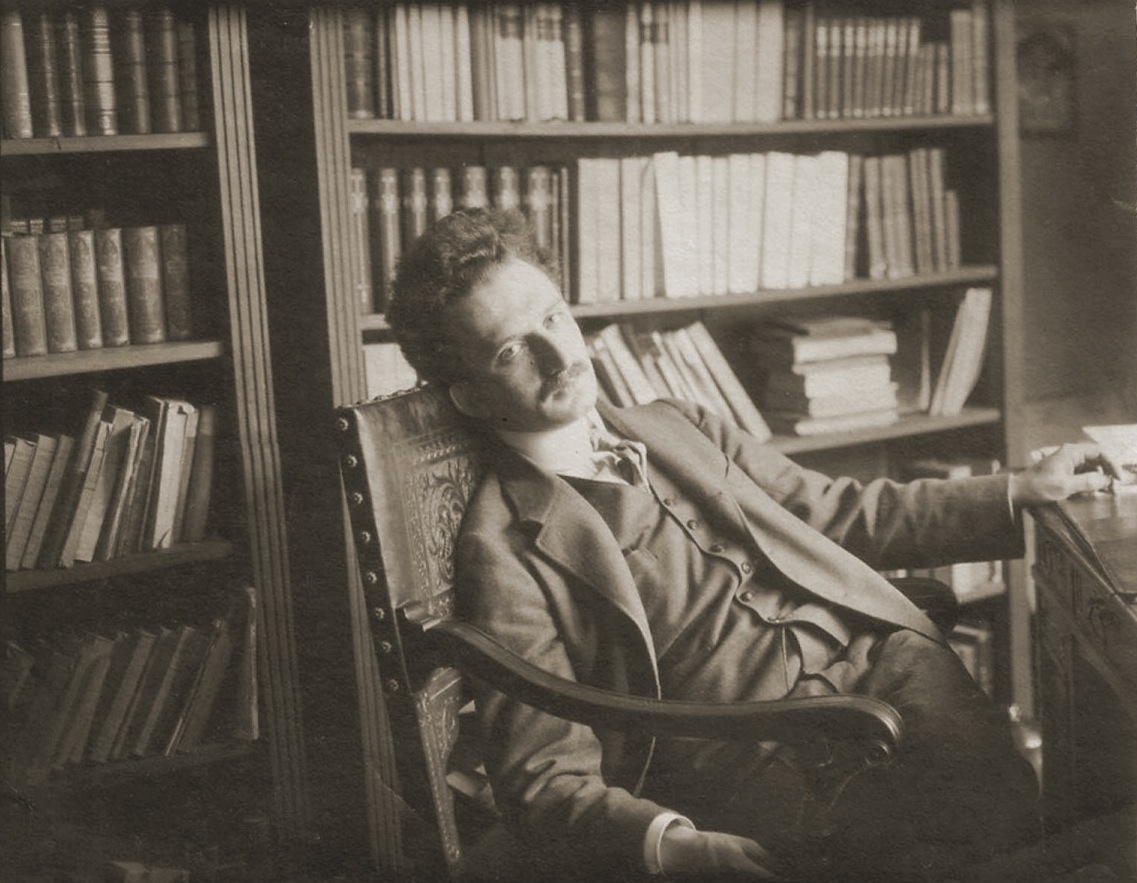Week Notes 2015
Back to work, into books, toward new writings. As I bring to an end a few projects at the start of this year, and prepare to head into the field and archives for research, I want to re-begin these weekly posts so as to track this work in the midst of composition. Following the MLA convention next week in Vancouver, I will dedicate the following months to researching and writing my dissertation, which explores contemporary poetry and poetics with regard to open access digital collections such as the Electronic Poetry Center, UbuWeb, and PennSound. This research will initially lead me to New York, Mexico City, Buffalo, and Philadelphia, where I will be conducting a number of interviews as well as examining the social and material conditions of the production of these institutional spaces and digital objects. In the midst of this research, I plan to work my way through a pile of (re-)reading on poetics, archives, textual criticism and book history, historical materialist literary criticism, digital publishing and intellectual property, media theory, and sound studies. It’s my hope that I might share aspects of these interviews and observations as well as comment upon these reading here over the coming months.
There are two concerns I find myself occupied with at the start of this project. The first concern has to do with the publishing of the dissertation itself. This is, perhaps, the last thing I should be thinking about at the start of the writing. Yet, as my dissertation will largely concern itself with a concept of literary production in networked digital cultures, I find myself often thinking about how part of this project should entail the creation of a specific digital platform for this research and writing, one that includes documents, video interviews, sound recordings, and images – all of which would be related to specific sections of text, hyperlinked, tagged, or be offered as archival diversions that lead one away from the specific narrative of the writing but deeper into an exploration of the objects themselves. As the Centre for Interdisciplinary Studies in Society and Culture at Concordia University – where I am writing my doctoral work – seems to encourage such interdisciplinary and research-creation-based projects with regard to doctoral work carried out there, perhaps the development of this unique dissertation platform might be something not only allowed but encouraged.
The second concern has to do with poetics in general. In preparation for this dissertation, I have been reading a number of works that I would consider as being foundational to the discourse of poetics today: Aristotle’s Poetics and its many commentaries, Leibnizian poetics and German morphological poetics, French semantics, Russian formalisms, Language poetics, new media poetics, and so on. Throughout, I have been asking myself and trying to comment upon the question: What are poetics? The slippage into the plural here is intentional because, to specify this question, I want to ask: What are poetics when considered through the lens of pluriform poetic works, which is to insist that poetics comment upon the media specificity and plurality of works – their format(s), simultaneous modes, differential substrates. If “Poetics is the science concerned with poetry as art” (Zhirmunsky, 1928) or “Poetics is the systematic study of literature as literature” (Hrushovski, 1976), the science or systems of poetics have too often focused upon the production of linguistic or narrative codes of a work while ignoring their material existence. One can see such starts to developing of a poetics that acknowledges format and media – for example in the works of Charles Bernstein (from whom I take up the notion of the “pluriform” poetic work), and in several of the essays in Morris & Swiss’s New Media Poetics – yet I am not aware of any work of/on poetics that attempts a comprehensive exploration of the subject of poetics (for example, Todorov’s Poétique) with regard to more contemporary media theory. This exploration is something that I am considering as necessary for an introduction to my dissertation since, as I will argue, that digital collections like the EPC, UbuWeb and PennSound have helped to make explicit the specific format and media differentiality of poetic works.

